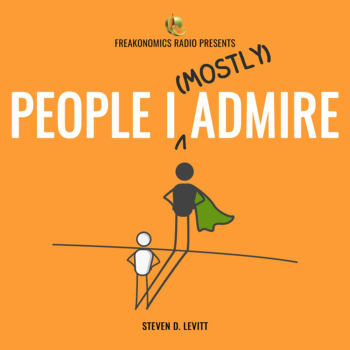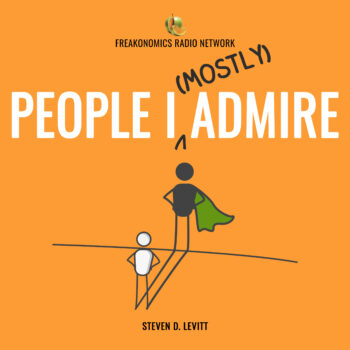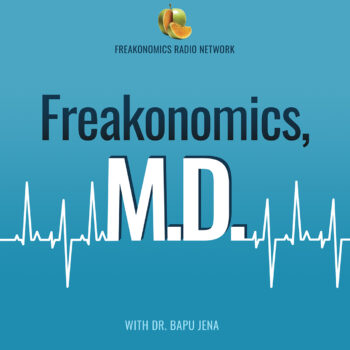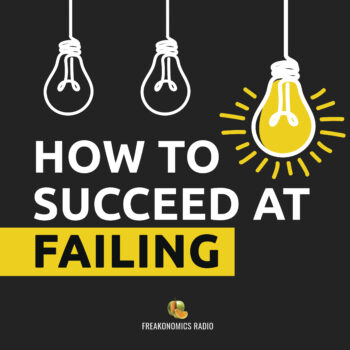The Last Word (for Now) on Our RSS Feed: An Excruciatingly Long and Boring Post That Will Please Exactly No One
…(Or maybe we should try charging for a full feed. Is it worth $1/year? $5?) Judging from feed readers’ comments on the blog — a compelling but hardly representative sample…






